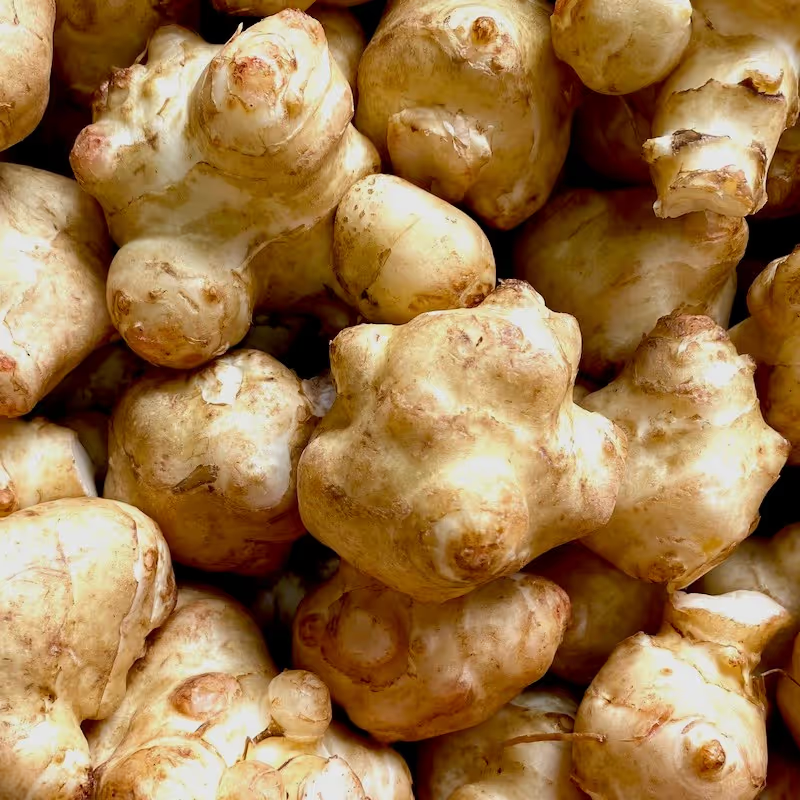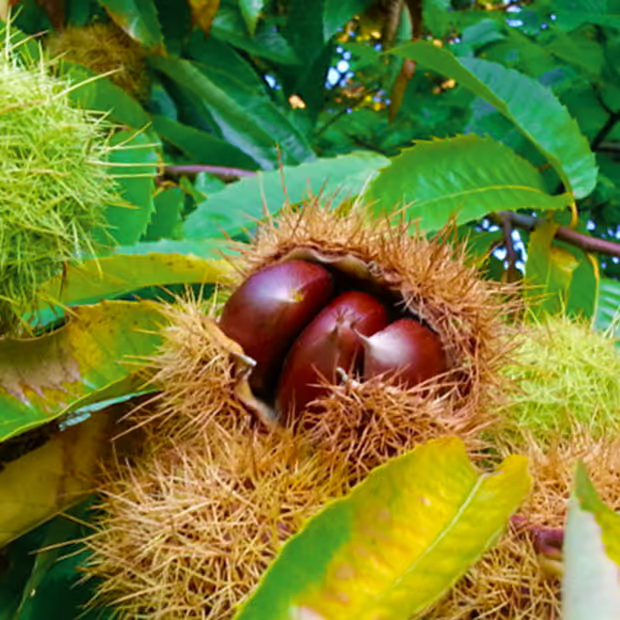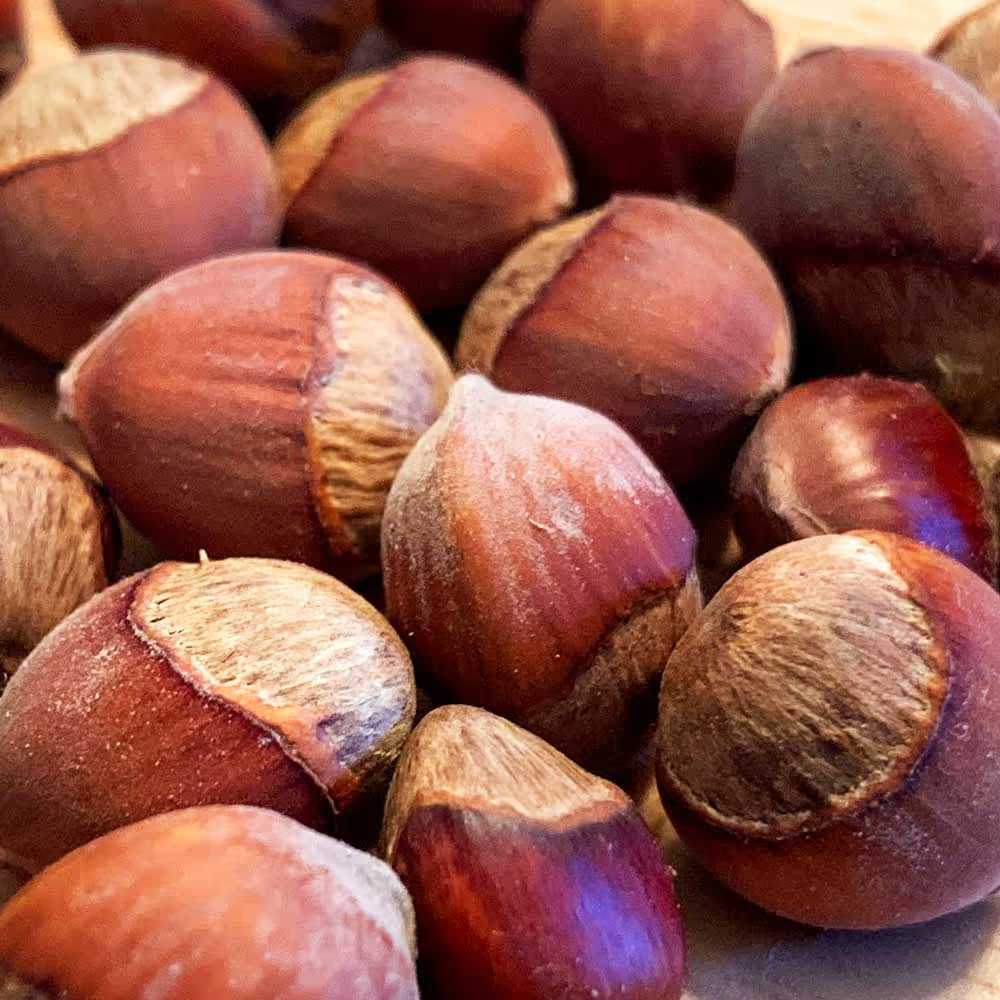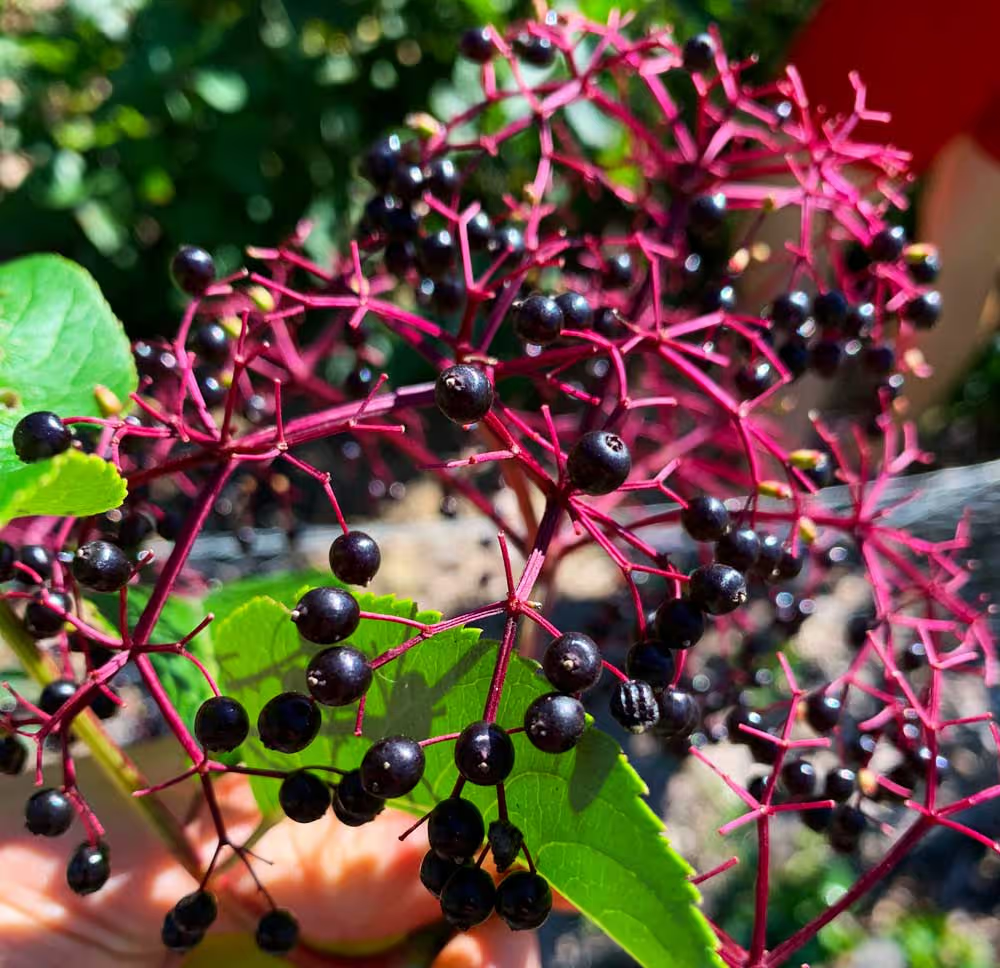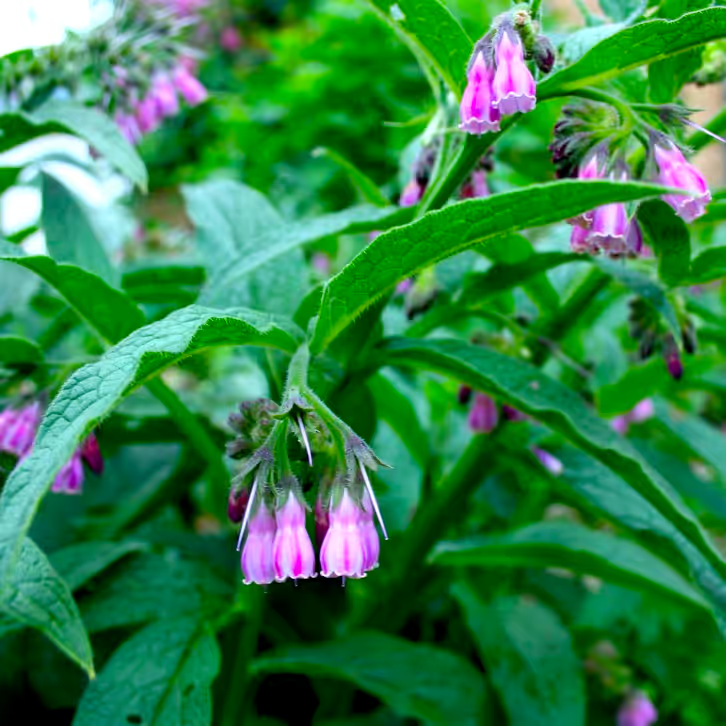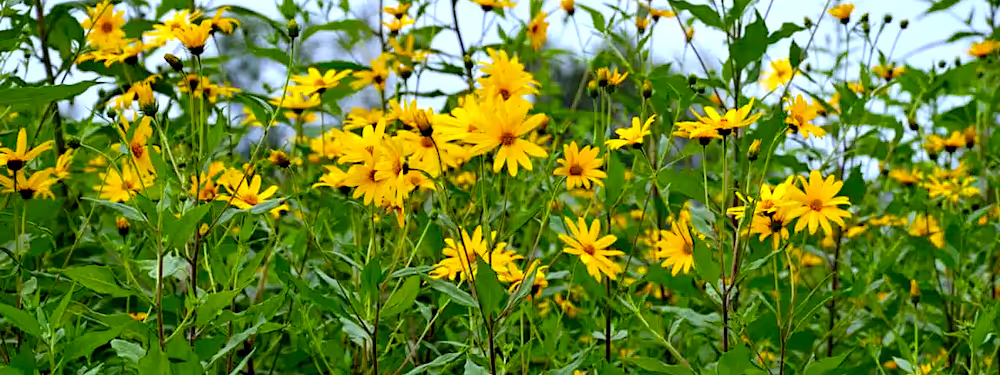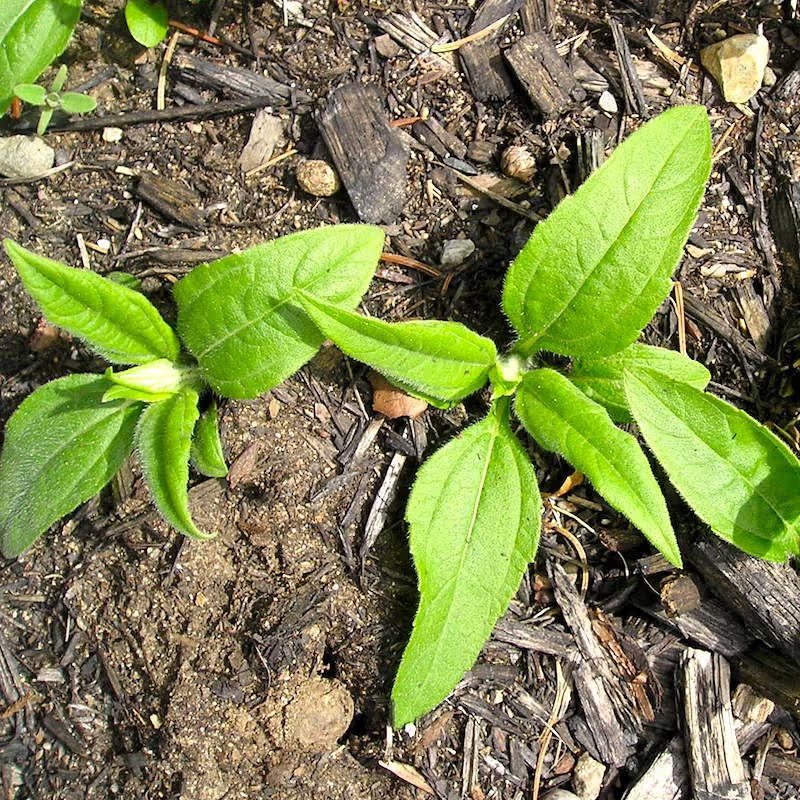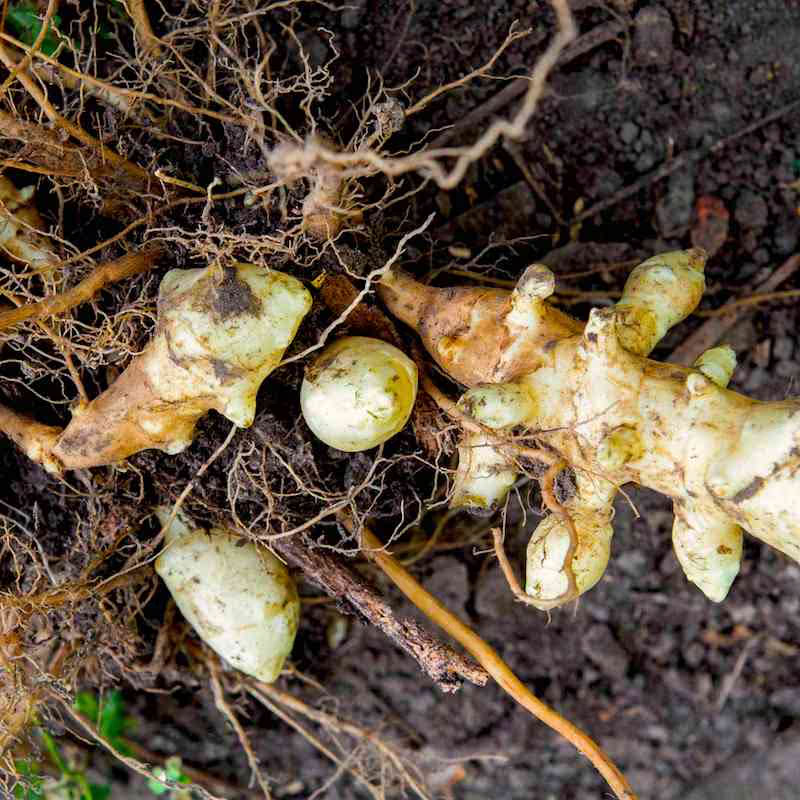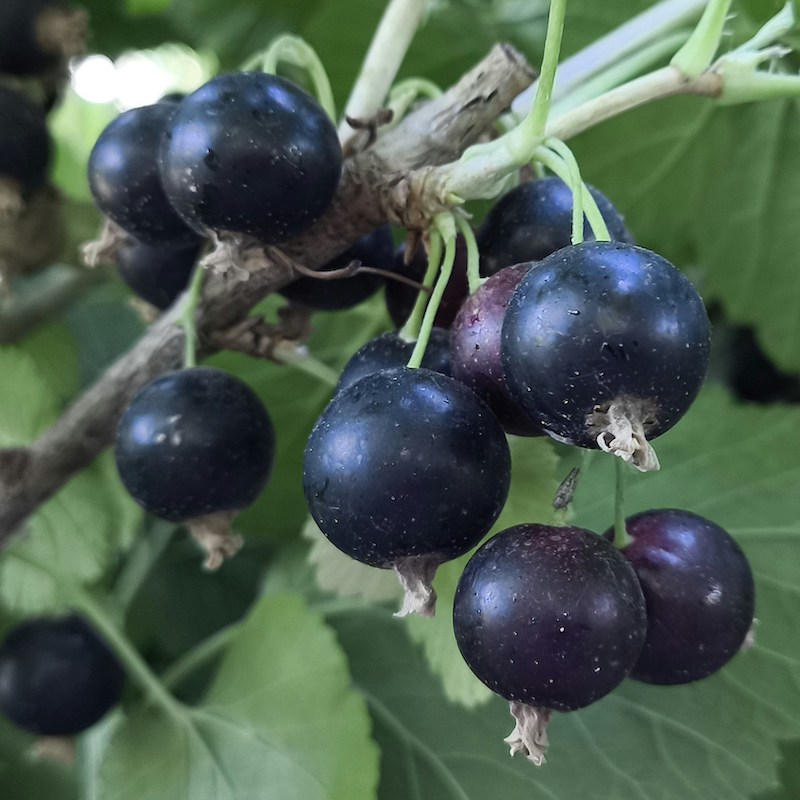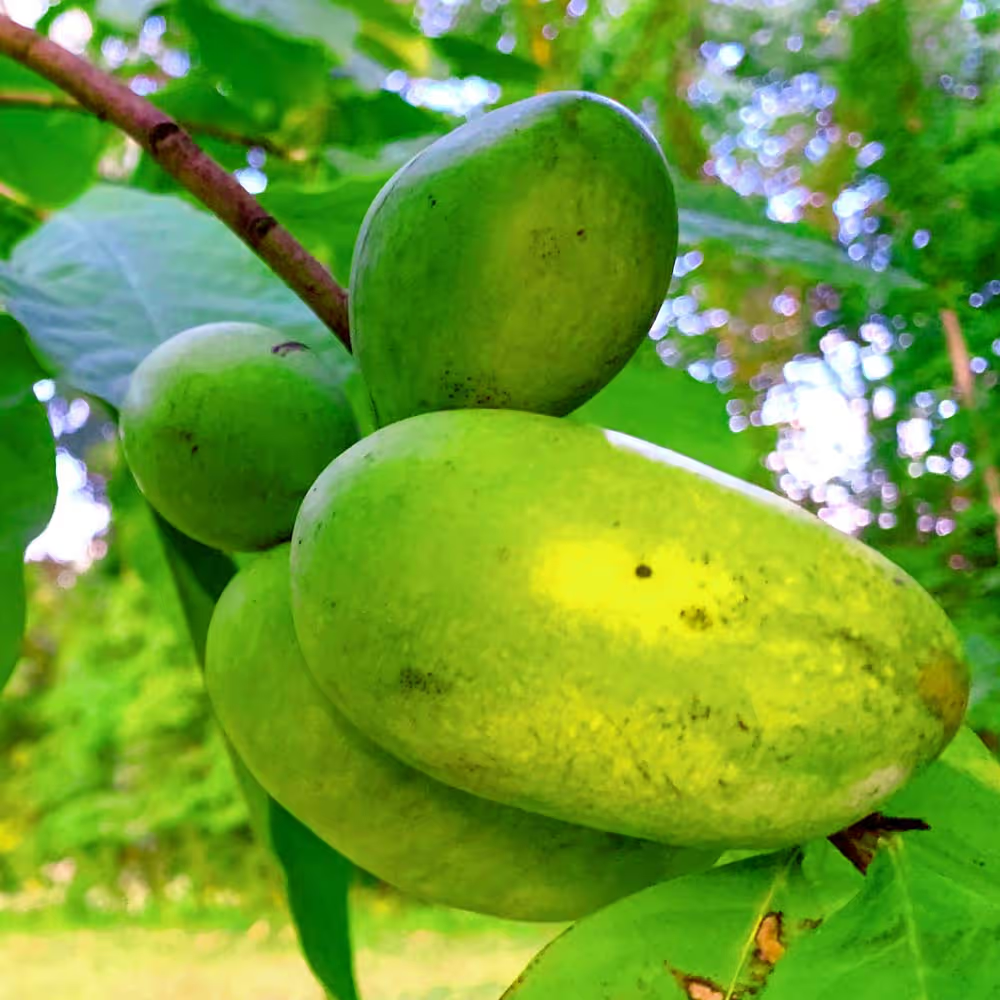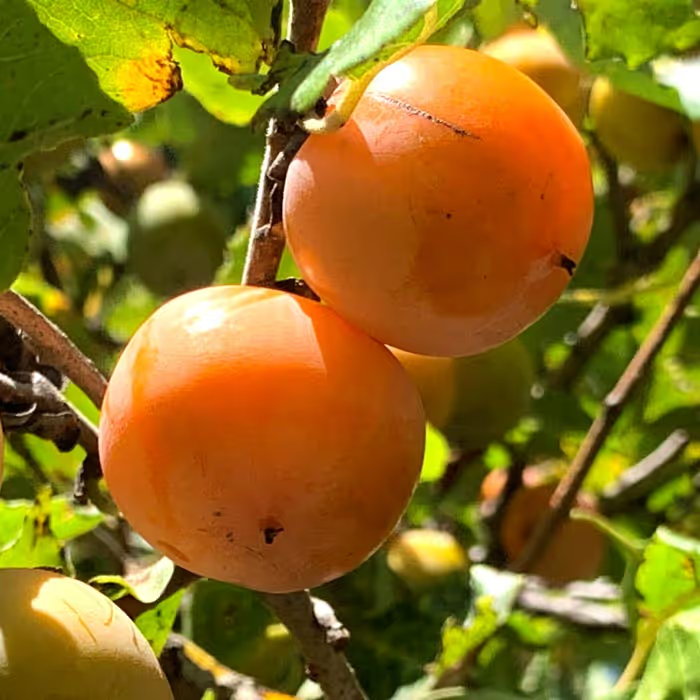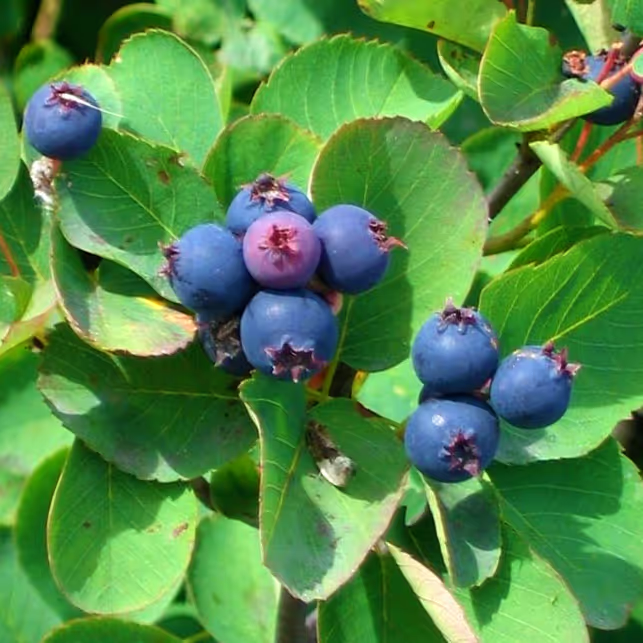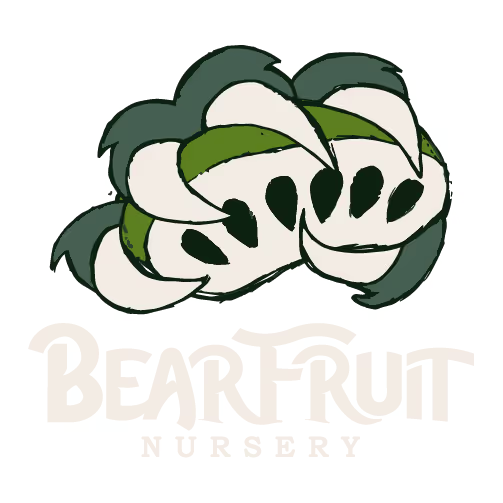Why Plant Jerusalem Artichokes?
The Native “Sunroot” of North America
Jerusalem Artichokes (Helianthus tuberosus), also known as Sunroots or Sunchokes, are a versatile and hardy perennial native to North America. Despite the confusing name, they’re not related to Jerusalem or traditional artichokes—they’re members of the sunflower family, producing edible tubers that are both nutritious and delicious. Historically, Native Americans cultivated Jerusalem Artichokes for their starchy tubers, which were an essential food source during winter months. Today, they’re prized by gardeners, homesteaders, and small-scale farmers for their ease of growth, resilience, and high yields.
What Do Jerusalem Artichokes Taste Like?
Jerusalem Artichoke tubers have a unique flavor, often described as a sweet, nutty cross between potatoes and artichokes. When harvested in late fall or early winter, they are crunchy when raw and take on a rich, earthy sweetness when roasted or sautéed. When sautéed we liken their flavor to McDonald's french fries that won't slowly kill you. They’re a great addition to soups, salads, stir-fries, or simply roasted with olive oil and herbs. Their high inulin content makes them an excellent prebiotic food, supporting gut health naturally. Go easy on them at first or you will begin to call them Jerusalem "Fartichokes".
Why Plant Our Jerusalem Artichoke Tubers?
Our Jerusalem Artichokes are grown outdoors in healthy, living soil without the use of herbicides, pesticides, or chemical fertilizers. We focus on producing large, vigorous tubers with strong growth potential for easy transplanting. These tubers are perfect for expanding existing patches, creating new beds, or starting a perennial vegetable garden.
Jerusalem Artichokes are incredibly hardy, can thrive in poor or dry soils, and will naturalize over time, giving you a self-sustaining source of nutritious tubers year after year. They also attract pollinators and beneficial insects with their tall, sunflower-like blooms.

